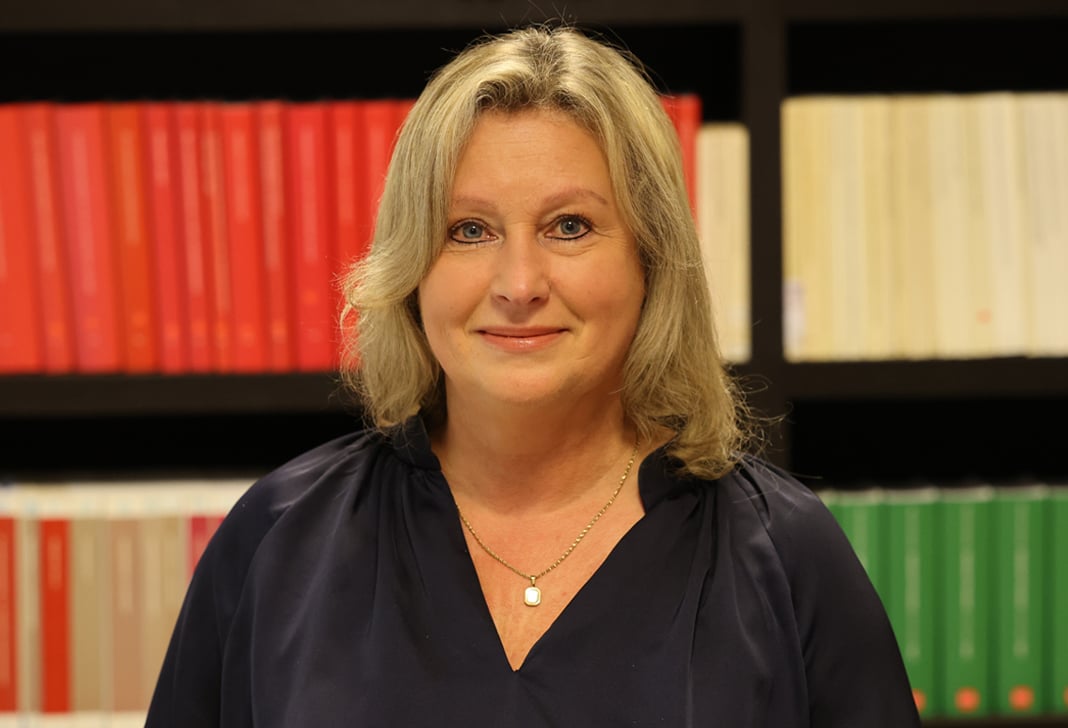
The Netherlands Commercial Court: An Attractive Forum for Litigation
Specially designed for large and complex international commercial disputes, the NCC offers effective and economical litigation options.
In December 2018, the Dutch Senate unanimously passed legislation to introduce the international trade chamber of the Court of Amsterdam (Netherlands Commercial Court ("NCC")) and the Amsterdam Court of Appeal ("NCCA"). Shortly after, the Minister of Justice and Security issued a decree for the NCC legislation to enter into force. As of January 1, the NCC and the NCCA are officially open for business.
Jurisdiction of the NCC
With the NCC, the Netherlands aims to establish a court specialized in handling large and complex international commercial disputes. The NCC will have jurisdiction in those cases where parties mutually and explicitly agree, before the dispute arises or afterwards, to refer the case to it. Requesting preliminary injunctions at the NCC will also be possible. All disputes will be resolved by three judges, in both first instance and in appeal. The NCC and NCCA are staffed with experienced judges who have expertise in large commercial disputes.
Litigating in English
Given the fact that companies are often active at an international level, English is increasingly becoming the language of business communications. The NCC responds to this trend by offering the opportunity to conduct proceedings in English and offering judgments in English. However, the NCC and NCCA will be applying Dutch procedural law, which is known for its pragmatism, cost-effectiveness and efficiency. With the NCC, a paperless litigation will be possible as submitting documents will occur digitally. Besides that, the NCC and NCCA will have their own procedural rules that aim at a relatively quick and efficient conclusion of disputes.
An Attractive Alternative to International Arbitration
Litigation before the NCC is an attractive alternative to arbitration due to the fact that court fees are low compared with the alternatives: €15,000 for the NCC and €20,000 for the NCCA. Additionally, losing parties are not ordered to pay the full legal costs of the winning party, but only the costs fixed by the court. These costs are scaled in accordance with court guidelines and are in most cases substantially lower than the full legal costs. Other benefits of the NCC/NCCA include judgments being automatically enforceable in all EU Member States without the need for court intervention and that there are no discovery procedures, leading to a saving in costs and time.
As the Dutch civil justice system is widely considered to be a reliable and highly qualified justice system, the NCC and NCCA will offer an attractive and economic alternative to international arbitration.


